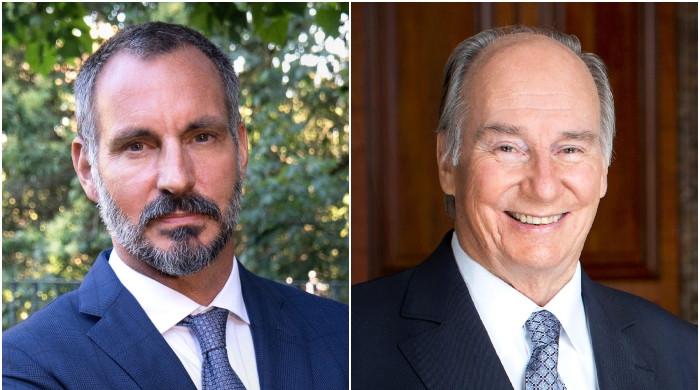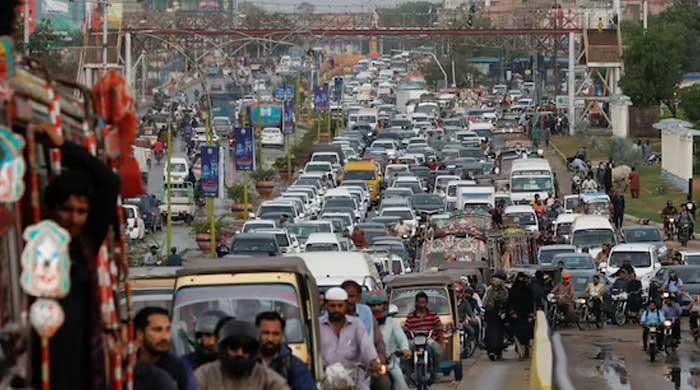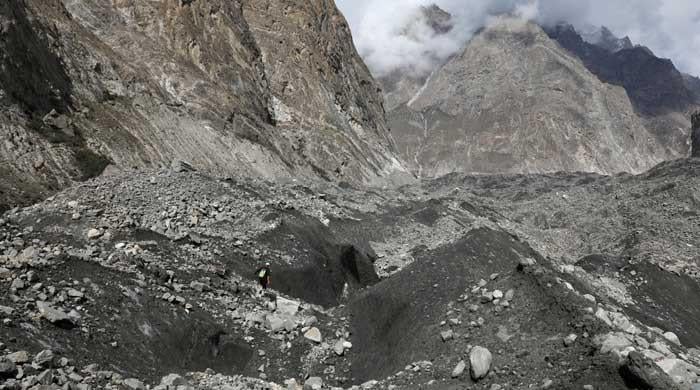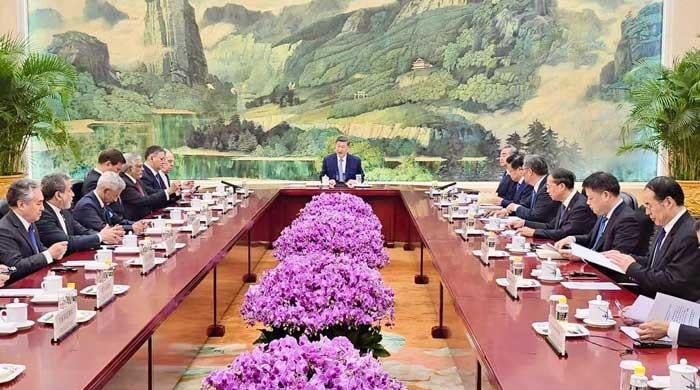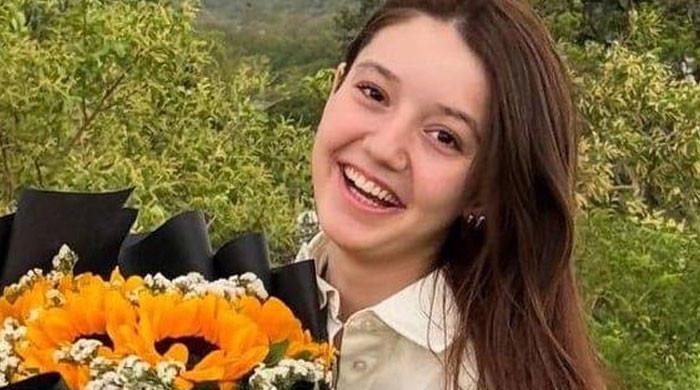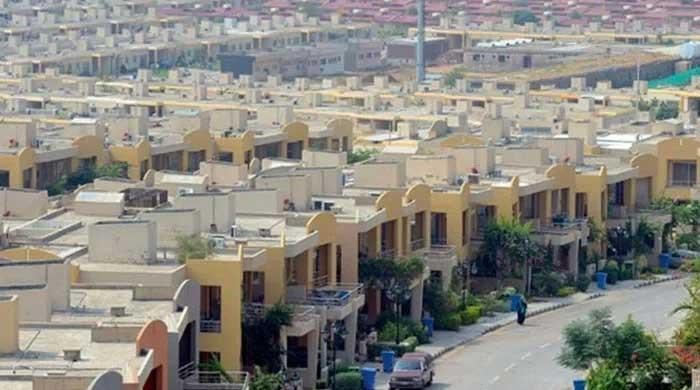Quetta’s lost generation
People place candles at the site of a suicide bombing the day before at Civil Hospital, Quetta on August 9. Photo: AFP
We, Pakistanis, should never forget August 8, 2016. It was one of our...
August 22, 2017
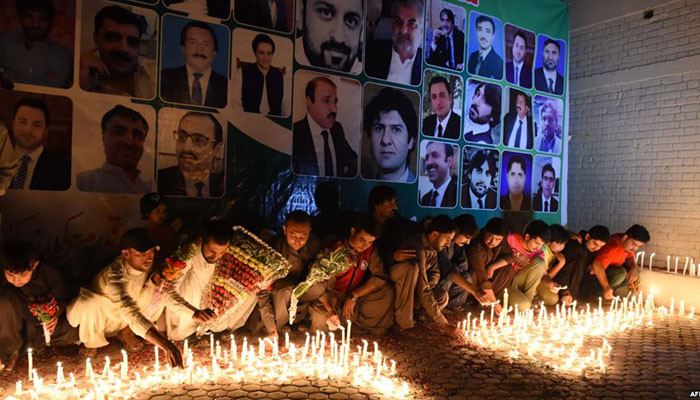
We, Pakistanis, should never forget August 8, 2016. It was one of our darkest days and possibly the worst day of my life.
The red tickers on the TV announced a suicide attack at the Civil Hospital in Quetta that killed more than 50 lawyers. When the camera panned to the faces of those killed and injured, I could barely stand. I know these men, I screamed to myself.
Later that day I dialed a few numbers to get more information. What I learnt was that the lawyers had gathered outside the hospital, mid-afternoon, to mourn the murder of their colleague, Bilal Anwar Kasi, gunned down earlier that morning. Just then the bomber struck, taking with him an entire generation of practitioners of the law.
Within a split second, in a single day, Balochistan lost 56 professionals from its legal fraternity.
What most of us saw on TV screens were numbers. Numbers of those killed and injured. What I saw were faces, 56 faces, of the people I knew.
During my time hosting a cultural show on the state-run Pakistan Television I remember meeting Advocate Chakar Rind, Bashir Zehri, Bashir Dehwar and Muhammad Ali Satakzai. They were all regular guests on the show. I remember their drive and their determination to work for the country, to work for justice.
I remember Ashraf Sulheri, a lawyer, whose true passion was theatre. There wasn’t a dialogue, sad or happy, he could not deliver with ease.
That day, that horrible day, the bomber brought Balochistan’s entire judicial system to a standstill. Advocate Kamara Murtaza, former president of the Supreme Court Bar Association and a survivor of the attack, put it most poignantly: “Balochistan might not get quality judges for the next 25 years. Since judges are selected from lawyers.” And there are very few lawyers left.
There is not much I can do today. On the first anniversary, this year, I published a series of tweets with the hashtag #QuettaLawyers to remember the fallen heroes.
Separately, Sharjil Baloch, a producer working with BBC World Service, began an ambitious project to sketch portraits of each man we lost.
These are just small acts and efforts on our part to keep their legacy alive. We hope they and their sacrifices are never forgotten. We hope that no one in Balochistan has to struggle to find justice. We hope.




